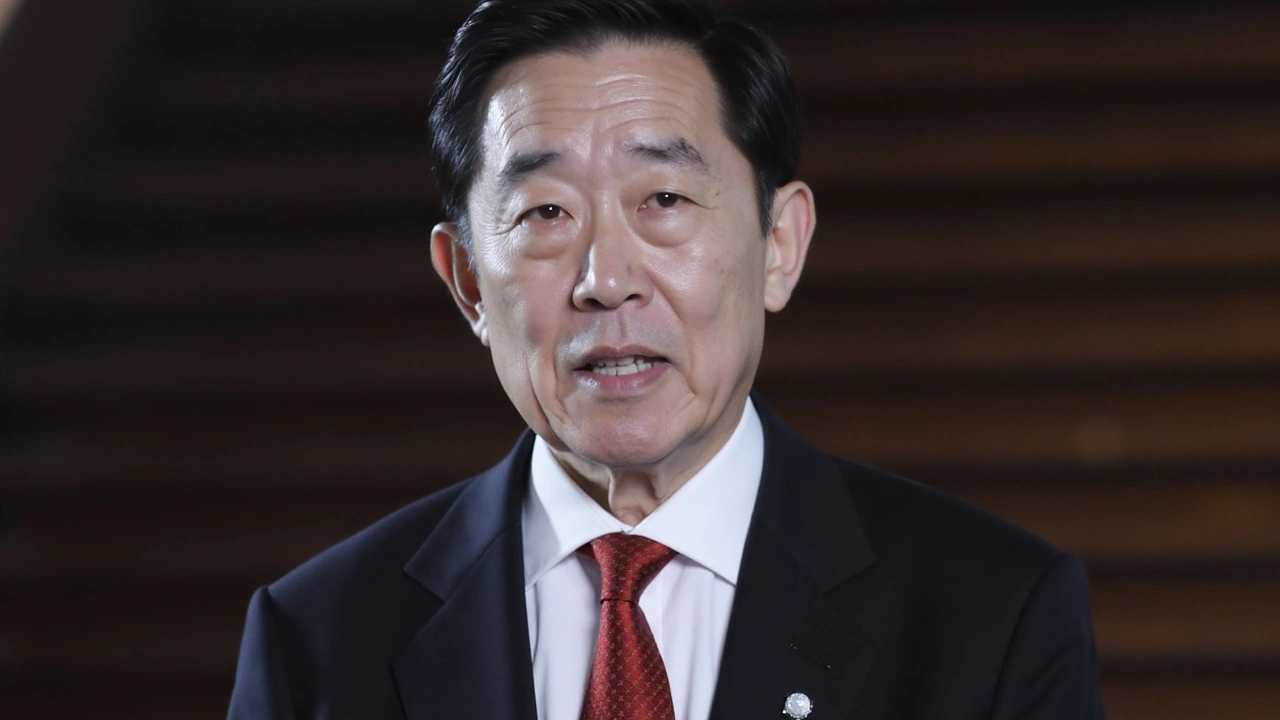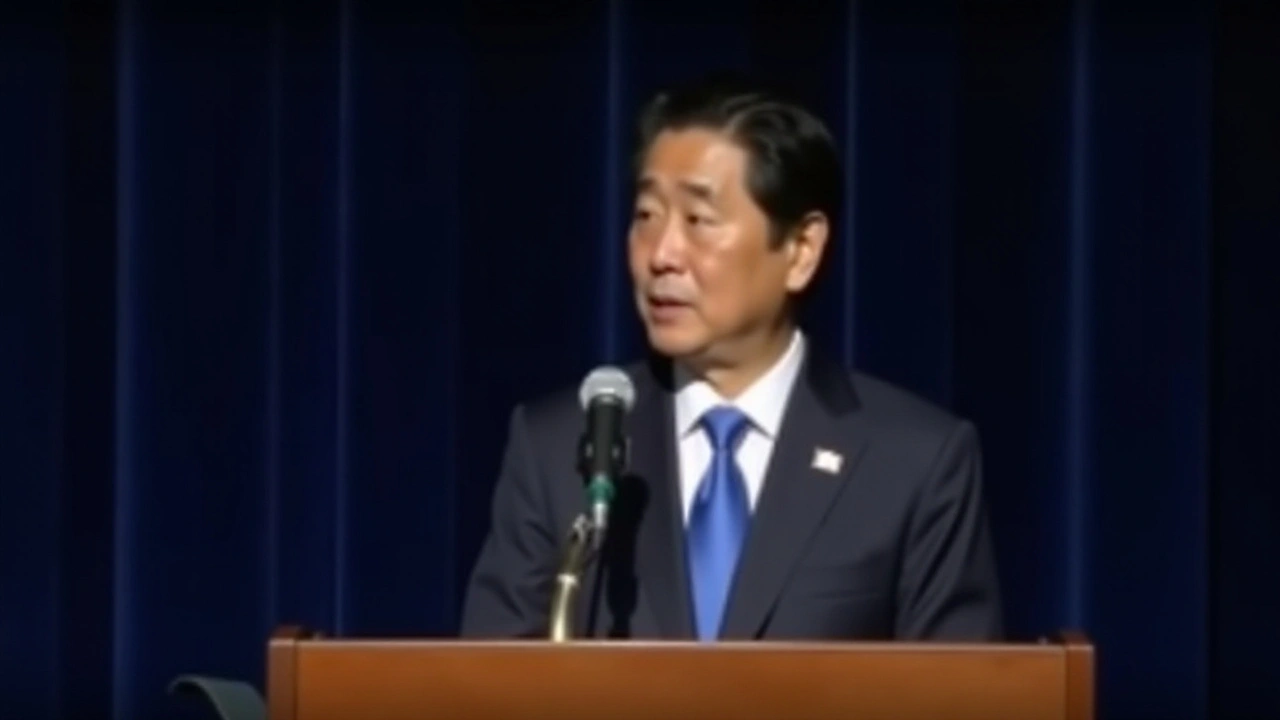Japanese Prime Minister Fumio Kishida to Resign in September: A New Era for LDP Leadership
 Aug, 15 2024
Aug, 15 2024
Fumio Kishida to Step Down as Prime Minister: Analyzing the Impacts
Japanese Prime Minister Fumio Kishida has announced his intention to resign in September, a decision set to cause significant ripples throughout the country’s political landscape. This announcement marks a pivotal moment for the ruling Liberal Democratic Party (LDP), which is now gearing up for an intense leadership race. Kishida’s resignation, viewed as part of a broader strategy to rejuvenate the LDP’s image, underscores the party’s recognition of the need for renewal amidst internal unrest and public dissatisfaction.
Reasons Behind Kishida’s Decision
Fumio Kishida has served as Japan’s Prime Minister since October 2021, navigating the nation through economic turbulence and complex social challenges brought on by the pandemic. Despite notable efforts to address these issues, Kishida has had to contend with increasing internal fractures within the LDP. By stepping down, he aims to foster a sense of renewal, enabling the party to project an image of adaptability and responsiveness to evolving public concerns. The LDP’s desire to remain a dominant force in Japanese politics hinges on their ability to demonstrate a capacity for change and innovation.
A Closer Look at LDP’s Leadership Race
The impending LDP leadership race is anticipated to be highly competitive, with various candidates expected to campaign vigorously for the top position. Aspiring leaders will need to present compelling visions that address both current and emerging challenges in Japan. This process of selecting a new leader is crucial for the LDP’s strategy to maintain its grip on power. New candidates will likely emphasize agendas that steer away from the status quo, promising fresh policies that cater to a more forward-thinking electorate.
Implications for Japanese Politics and Policy-Making
Kishida stepping down represents a strategic maneuver aimed at reinvigorating the LDP. However, this change is not without its potential pitfalls. Political analysts suggest that the new leader will have to confront critical national issues promptly. Japan’s aging population, economic stagnation, and geopolitical issues in the Asia-Pacific region will be high on the agenda. These challenges demand not only innovative solutions but also robust political will and public support. The new leadership’s stance on key policies will significantly shape the country’s direction in the coming years.
Kishida’s Tenure and Legacy
During his tenure, Kishida focused on several key initiatives aimed at stabilizing Japan’s economy and addressing social inequality. Efforts included economic stimulus packages, public health measures, and policies aimed at increasing digitalization and innovation. Nevertheless, dissatisfaction within the LDP and public discontent have highlighted the need for a new approach. Kishida’s decision to step down could be seen as a selfless move to allow the party to evolve and meet the expectations of a changing society.

Future Prospects for the LDP
The LDP’s future hinges on its ability to leverage this leadership race to present a rejuvenated, united front to the electorate. The outcome will determine whether the party can regain and retain public trust, especially among younger voters who demand transparency and progressive policies. Kishida’s resignation opens doors for new leadership styles and potentially groundbreaking policies that reflect Japan’s dynamic socio-political landscape.
Public Reaction and Expectations
Public reaction to Kishida’s impending resignation has been mixed. While some view this as a necessary step towards innovation and renewal, others remain skeptical about the LDP’s ability to enact meaningful change. The leadership race will be scrutinized heavily, with voters expecting candidates to address long-standing issues such as economic disparity, climate change, and Japan’s role in international affairs. The stakes are high, and the LDP must meet these expectations if they hope to retain power.
Conclusion: A Crucial Moment for Japanese Politics
As September approaches, all eyes will be on the LDP and their ability to navigate this transformative period. Fumio Kishida’s resignation signals not just the end of an era but the potential beginning of a significant shift in Japanese politics. The leadership race promises to bring fresh faces and new ideas to the forefront, setting the stage for a redefined political landscape in Japan. It is a moment of both challenge and opportunity, and how the LDP handles this transition will undoubtedly shape the nation’s future.